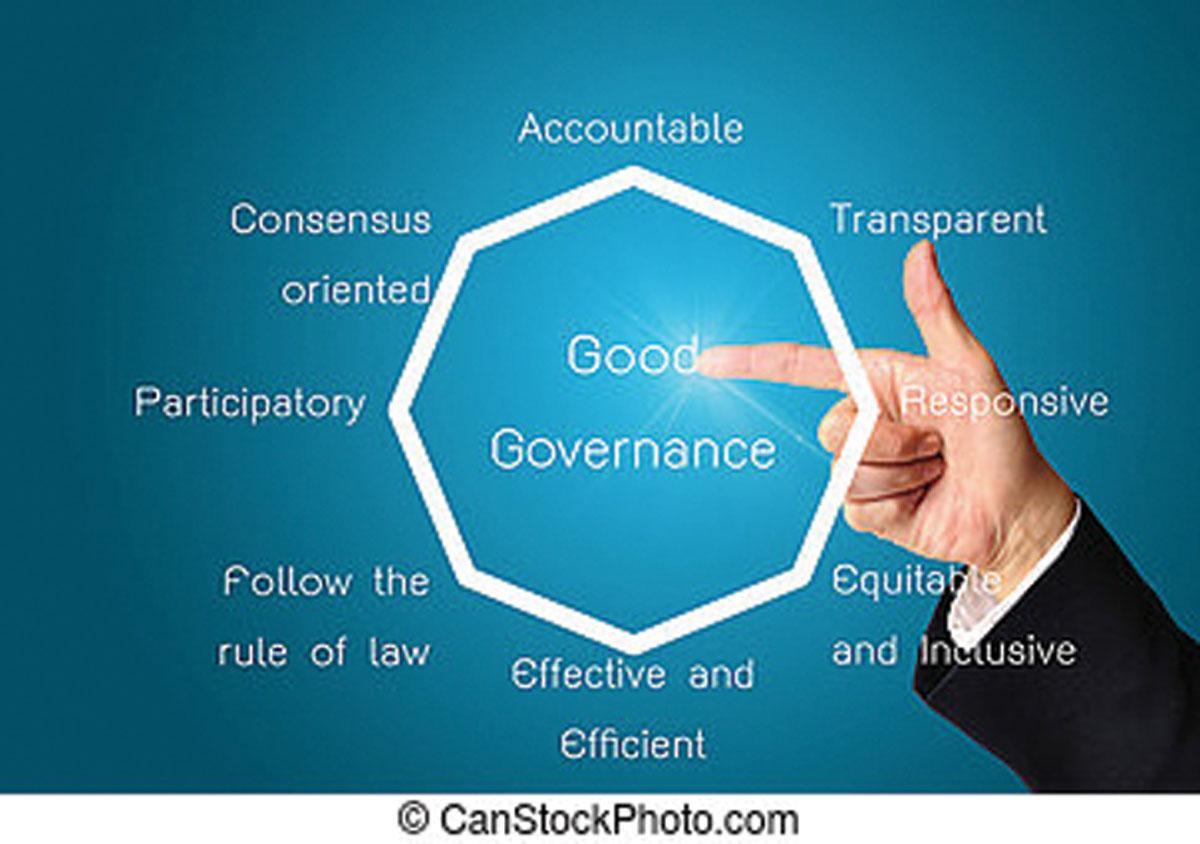Africa-Press – Mauritius. The government envisages to revise the national code of corporate governance. The Code was first published in 2003 and revised in 2016. This revision exercise aims to incorporate ‘environmental’ and ‘social’ aspects (ESG) to the current Code. The process for the appointment of a consultant has started. It is expected that the new code will be effective in about one year.
Objectives
2016 code aimed for stakeholders to ensure that it is applied and explained every year in an annual report and website. The code aimed “to encourage high-quality corporate governance”.
It intended “to advance corporate governance reforms in both the public and private sectors in Mauritius by creating a corporate governance framework of principles for business leaders to apply”.
It intended to “encourage positive change amongst the Mauritian business community by focusing on improving the effectiveness of governance practices”.
It also aimed “to provide maximum flexibility through a focus on principles rather than mandatory regulations and rules”. The Code espouses the concept of maximum flexibility and avoids the rigidity of a rules-based approach.
Auditors now have the added responsibility to assess and report explanations given by companies for non-compliance with any requirement of the Code. The Financial Reporting Council has the responsibility “to monitor the application and reporting of the Code regularly” [p.13 The National Code of Corporate Governance for Mauritius (2016)].
I believe it is time now to make some (or many) steps towards a rules-based system, as this will require companies and organisations to raise their standard of corporate governance practices.
Giving companies and organisations too much flexibility in the application and/or explanation of corporate governance principles has weakened the role and power of regulators, enforcement agencies and auditors. Companies and organisations keep flouting or escaping with lame explanations for non-compliance or cosmetic compliance.
The public joke!
It is public knowledge that too many organisations, companies and institutions of the public sector have been gagged. A large number of boards have been, as before, crippled with political interference and incompetent directors and top executives.
This is not mere perception but also the reality. This has been the caseirrespective of the presence of enforcement agencies and auditors. The other stakeholders (trade unions, employees, suppliers, funding bodies, etc.) have been silenced and relegated to being mere helpless spectators in a climate of fear of retaliation and victimisation.
Private sector companies too cannot escape from reproach: inequality in income, the continued harming of the environment, and the focus for maximisation of wealth, the greedy tendency for quick returns, the excesses of certain executives, and the inability of the board and its directors to break new grounds for leaping into a higher standard of corporate governance practices beyond minimal compliance to principles of the Code.
For More News And Analysis About Mauritius Follow Africa-Press







